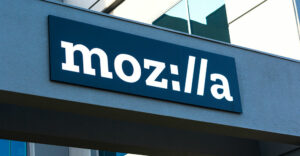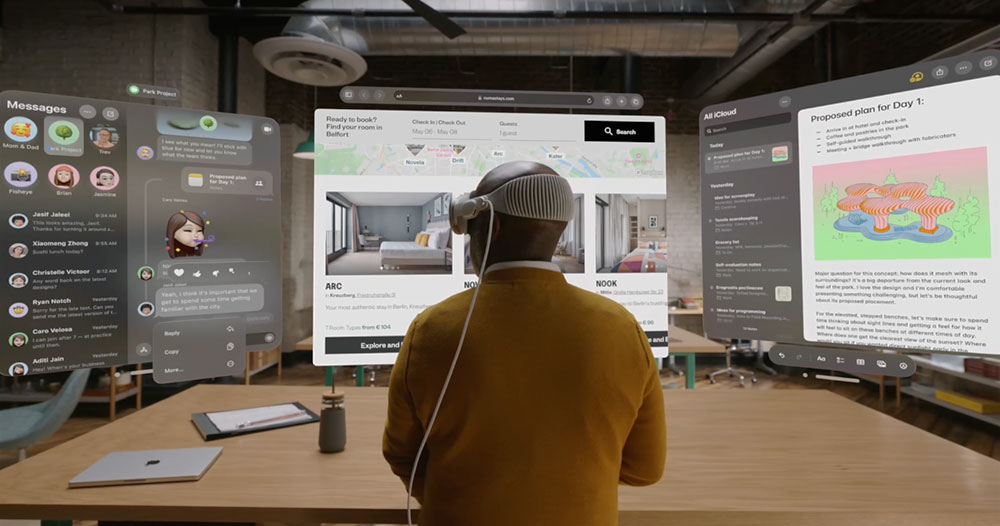
It might be a dubious distinction at best, but it’s one that Apple has had for a very long time: second most popular desktop operating system. Now that mantle appears destined to belong to Linux.
According to Hewlett-Packard of Palo Alto, California, shipments of computers running desktop Linux should overtake Apple OS systems later this year, although other analysts maintain the Cupertino, California, company has already fallen to the number-three spot in the pecking order.
“Based on market research that we’ve done, this is the year that we expect to see the market share of Linux on the desktop to exceed Mac on the desktop,” HP Linux Marketing Communication Manager Jeffrey Wade told TechNewsWorld.
Not Migrating Apple Lovers
“We’re not capturing Mac users and migrating them to Linux,” he explained. “What we’re seeing here is the market share for the Linux desktop, which is primarily an alternative to a Windows desktop, just starting to grow and [overtake] Apple’s market share.”
Attempts to reach Apple for comment were unavailing.
With more than 90 percent of the world’s computers PC-based, Apple is simply being overwhelmed by the numbers, observed Vincent Danen, Security Update Manager for Linux distributor MandrakeSoft in Edmonton, Alberta, Canada.
Apples Versus Dogs
“Apple is restricted to Apple machines only,” he told TechNewsWorld. “Pretty much everyone and his dog has a PC. Since Linux works on a PC, that gives it a lot of room to surpass Apple.”
That has already happened, according to IDC, of Framingham, Massachusetts, which reports that Linux became the number two desktop operating system in 2003.
Analysts expect shipments of computers with desktop Linux to increase in the coming years. Gartner, a market research firm based in Stamford, Connecticut, predicts desktop Linux’s market share will reach 7.5 percent by 2008.
Enterprise Fueling Growth
Actual market share growth, however, could be even higher, according to Bill Weinberg, OS Architecture Specialist at the Open Source Development Labs (OSDL) in Beaverton, Oregon. That’s because shipping figures don’t take into account what happens to a system once it arrives at its destination.
“We feel that the trend is that systems are being shipped with Windows and that IT departments and individuals are installing Linux after the fact — either leaving Windows in place in a second partition or wiping the disk and starting over,” he told TechNewsWorld.
He said that desktop Linux’s rapid growth will be fueled by enterprise adoption. “The kind of growth that we’re seeing in the desktop in the enterprise will happen very quickly because of the cost benefits,” he noted, “whereas the price performance today of the Macintosh is not as aggressive.”
Windows Pirates
Outside large enterprises, though, desktop Linux might not be as welcome. According to a Gartner report, in emerging markets like China, Russia and Latin America many locally assembled PCs are sold without an operating system or with Linux. On 90 to 95 percent of those PCs, Gartner estimated, a pirated copy of Microsoft Windows is installed on the units within a matter of days.
That’s one reason why — while Gartner is predicting desktop Linux will be in 7.5 percent of the computers shipped in 2008 — only 3.5 percent of those boxes will end up operating under the OS.
Linux Notebook
Last week, HP announced a notebook computer that will be shipped with Novell’s Suse Linux 9.1 OS and the OpenOffice productivity suite, a move it expects to have a significant impact on desktop Linux’s market share.
“If you look at the price difference between that system and that exact same notebook configured with Windows XP, the Linux version is $60 cheaper,” HP’s Wade said. “If you factor into that the Microsoft Office apps, then that gap is $300.”
“We think it will have a positive effect on the market,” Novell Spokesperson Kevan Barney told TechNewsWorld, “Having Linux desktop preinstalled on the notebook of a leading hardware vendor like HP can’t have anything but an upside.”





















































This claim is dubious, at best. See
http://www.google.com/press/zeitgeist.html
which show Mac is 3% of google hits, while Linux is 1%. So, on the -desktop- Macs are certainly still well ahead of Linux.